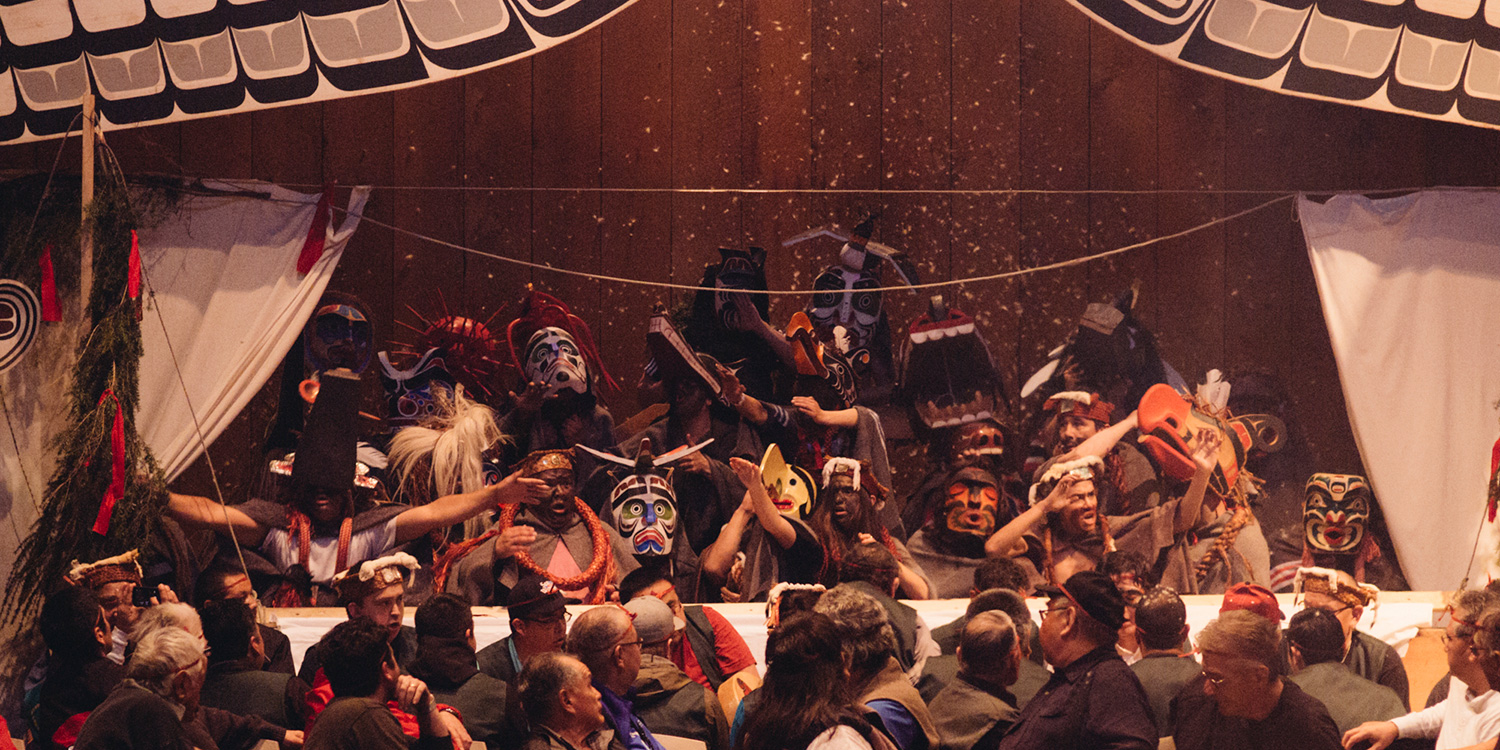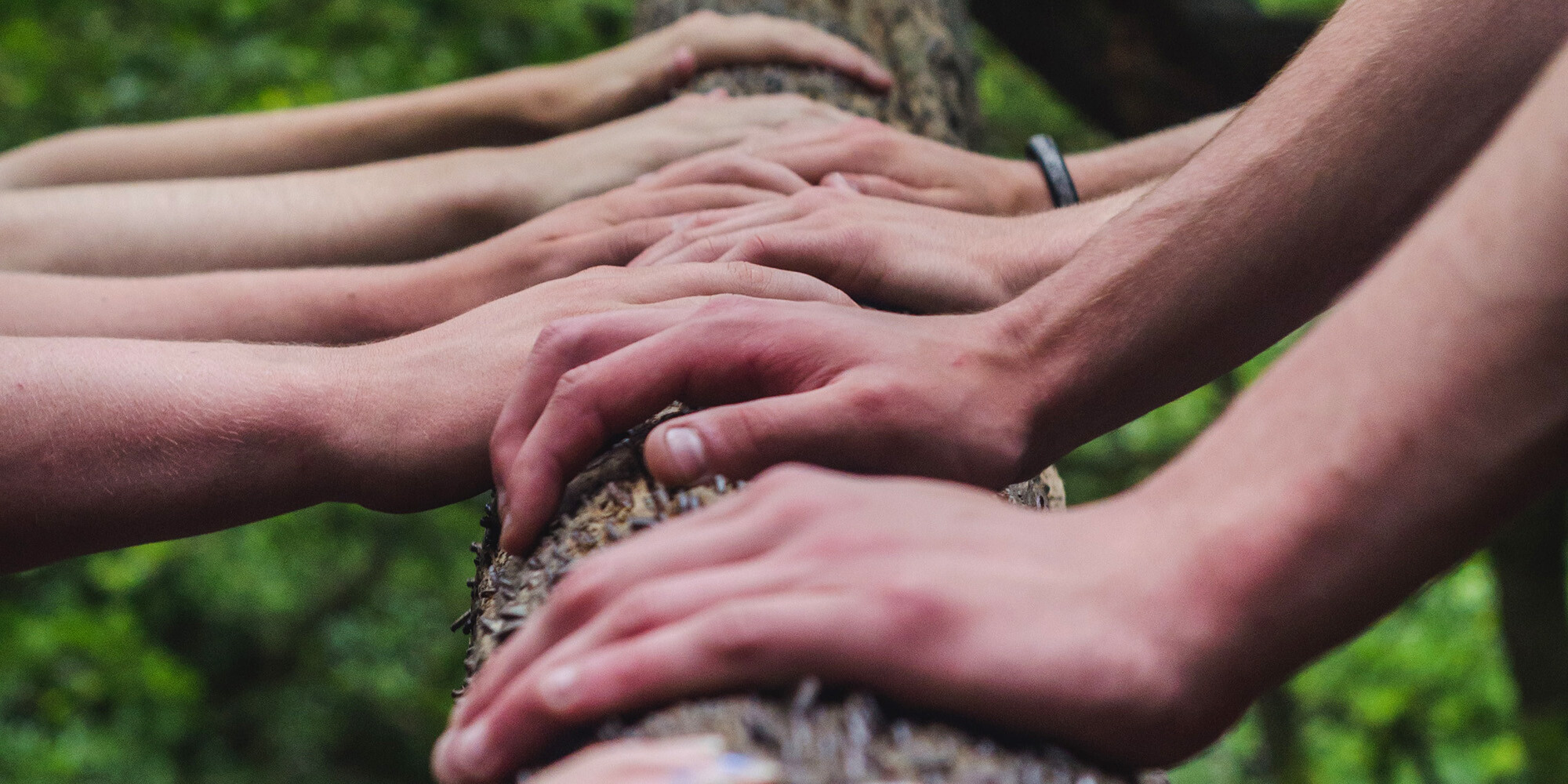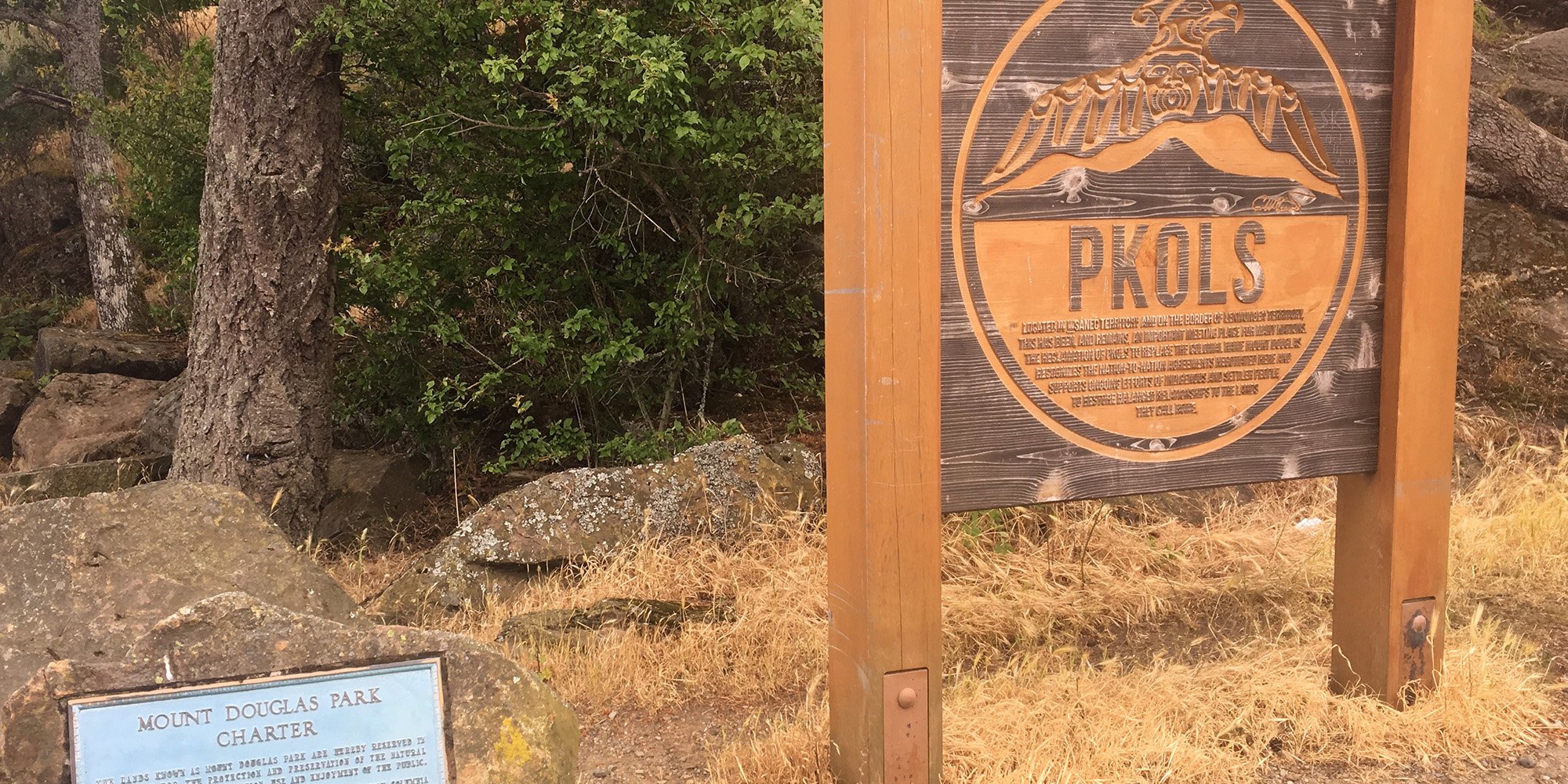Potlatch Ban: Abolishment of First Nations Ceremonies
When the British North America (BNA) Act was passed in 1867, Canada became a country but remained a colony of the British Empire. The BNA Act...

In 2014 I was honoured to be invited to witness a potlatch just off Northern Vancouver Island and wanted to provide a bit of history and some important things I learned so others who have a similar honour will get the most out of their experience.
If you are fortunate enough to be invited to a potlatch, consider it an honour and privilege as you have been asked to witness a ceremony that has its roots in the far distant past. The ceremony has survived and thrived despite the best efforts of the Canadian government to legislatively assimilate Indigenous Peoples and destroy their culture.
Keep in mind that I was invited to a Kwakwaka'wakw event. If you are invited to witness you need to be aware of specific First Nations protocols - keeping in mind that each First Nation may have their own set of cultural protocols.
The most important recommendation that I can make is to follow house rules. You are a guest in their house so follow their rules. If in doubt about an aspect ask the person who invited you for clarification and direction. Another good way to prepare would be to start your research early.
From 1884 to 1951, the Indian Act prohibited First Nations from participating in the potlatch, the Sundance, and all other similar cultural ceremonies across Canada. To many (not all) West Coast First Nations, the ceremony is an institution central to the culture, governance, and spiritual essence of the people, combining the processes of government, court, and church.
We will dance when our laws command us to dance, and we will feast when our hearts desire to feast. Do we ask the white man, 'Do as the Indian does?' It is a strict law that bids us dance. It is a strict law that bids us distribute our property among our friends and neighbors. It is a good law. Let the white man observe his law; we shall observe ours. And now, if you come to forbid us dance, be gone. If not, you will be welcome to us.'
Chief O’wax̱a̱laga̱lis of the Kwagu’ł, greeting anthropologist Franz Boas, in 1886
Some core purposes to host have remained the same as they were pre-contact with Europeans - celebrations of culture, birth, naming children, mourning the dead, transferring power, rights and privileges, commemorating significant events, sharing of wealth, and less frequently, marriages or the raising of memorial totem poles and more.
Here are some tips for your consideration - but keep in mind they may not apply to all cultures so again, check with the person who invited you and do your own research:
Commit to attending the entire event;
Do not arrive late;
Don’t invite people to accompany you without clearing it first with your host - the planners have to maintain a head count;
Ask your host how you can support the event in order to show your gratitude for being invited;
Don’t sit in the first row of bleachers or chairs as these are reserved for Elders and dignitaries;
Do not reach over the heads of the Elders and or dignitaries seated in the first row to receive or pass objects.
Don’t bring your own food - sharing of food by the hosts is an important aspect;
Do not leave your seat while dancers and singers are performing, or during announcements - the same rules of respect apply to potlatches as they do to symphonies and ballet performances;
Don’t talk during the performances or while the Speaker is making announcements;
Listen carefully to the Speaker to learn the rules; announcements are generally made first in the traditional language and then repeated in English;
Do not refer to the regalia as costumes;
Do not touch the regalia;
Turn the flash off on your camera;
Ask if it is permissible to share photos with friends;
Realize and respect that a potlatch is a private, cultural event;
Do not share the photos on social media;
Some ceremonies and dances are not to be photographed - respect that protocol;
Gift-giving is part of the ceremony and it is rude and disrespectful to decline a gift;
If you are a non-Indigenous person, expect to be the minority and be comfortable in that role;
Expect to be emotionally moved as potlatches are spiritual, dramatic, and beautiful.
I hope what I have shared helps you in some small way should you be fortunate enough to be invited to such a great event. A big thanks to Kwinkwinxwalige’dzi-Wakas, the Joseph Family, the Musgamagw, and all the Kwakwaka'wakw for this once in my lifetime opportunity.
By Julie Domvile
Featured photo: Joseph family potlatch. Photo: Domvile

When the British North America (BNA) Act was passed in 1867, Canada became a country but remained a colony of the British Empire. The BNA Act...

Long before the arrival of Europeans, confederation, and the imposition of the Indian Act, Indigenous communities were self-determining. They decided...

What is the relationship between Indigenous Peoples and place names? Indigenous place names carry knowledge that has been passed from generation to...